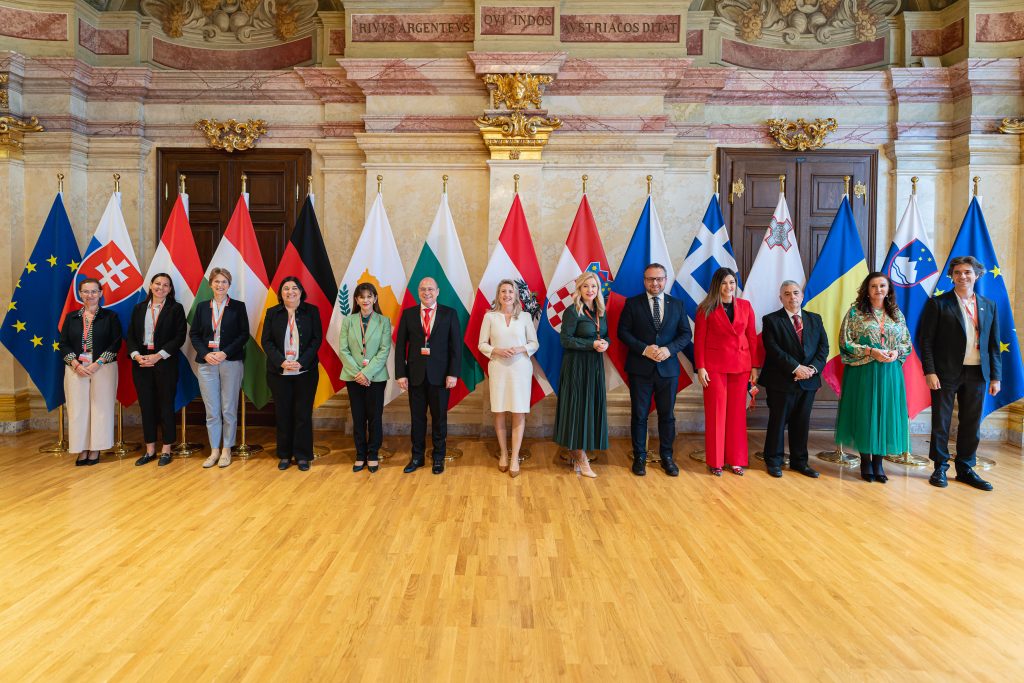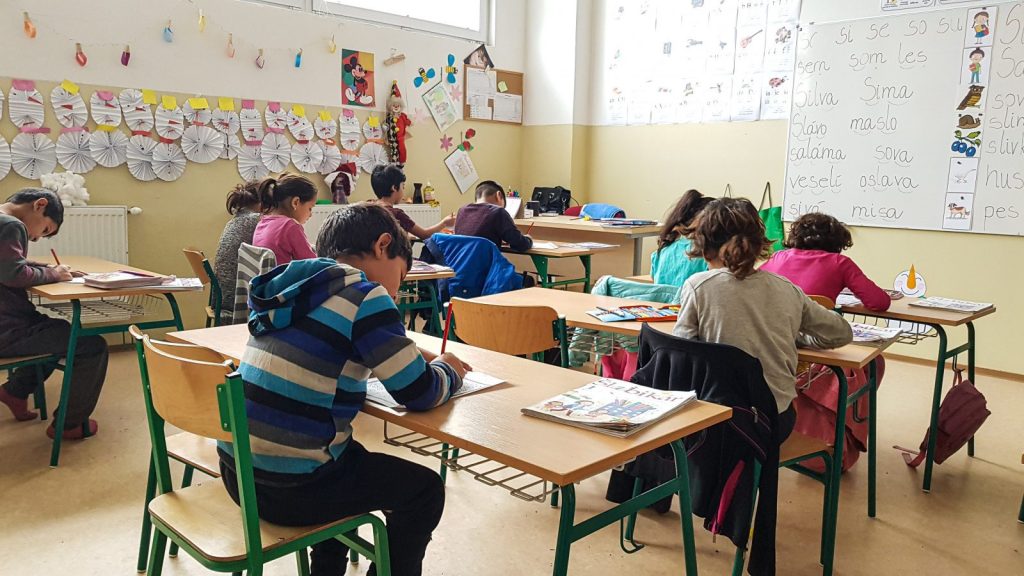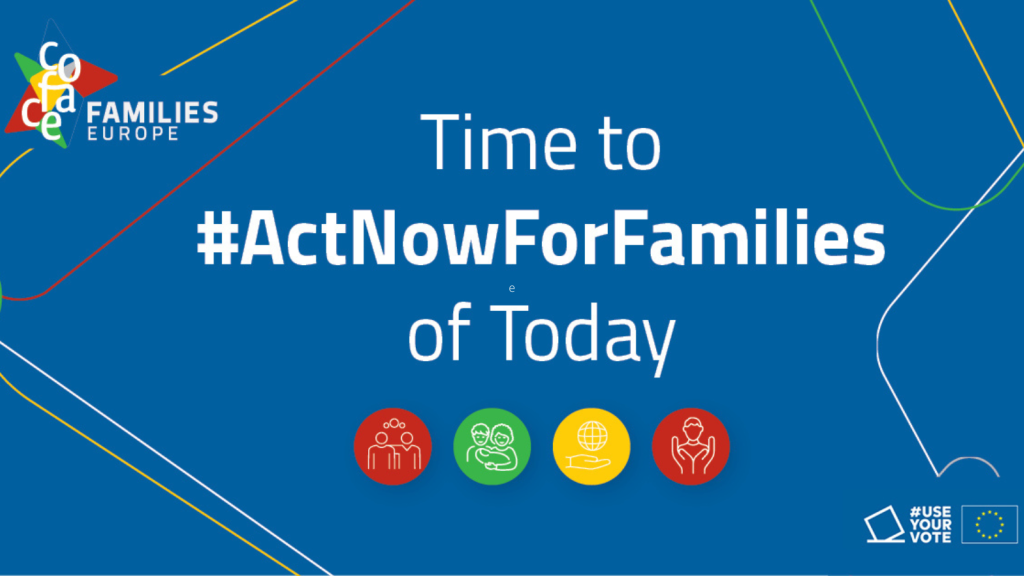On the 30th of June, the European Commission published a draft proposal for a revised Consumer Credit Directive, replacing the 2008 Directive. COFACE-Families Europe has followed this topic closely, notably via Finance Watch and the Financial Inclusion Europe coalition, as access to affordable and quality credit is essential for families. At present, the proposal is being examined in the European Parliament, and COFACE-Families Europe will submit amendments via the Financial Inclusion Europe coalition to uphold the interests of families as consumers.
Some progress
As it stands, the current proposal still introduces some welcome changes compared to the original Directive:
- The scope has been extended to include loans below 200€, overdraft facilities, free interest rate credit without charges, and crowdfunding services.
- Creditors will have to notify the consumer in case they are presented with an offer that is based on profiling and automated processing of personal data.
- A provision to ensure better creditworthiness checks.
- A cap on interest rates.
Room for improvements
While many of these provisions represent a clear step forward, there are still many gaps in the current version of the CCD:
- The rationale behind a more thorough creditworthiness check is to “prevent irresponsible lending practices and over-indebtedness”. However, the term “irresponsible lending” is never defined clearly. What is “irresponsible lending”? Furthermore, there is no clear indication as regards the data that should be used to assess the creditworthiness check, leaving the door open for abuses such as using exotic data sources like social networking data or mobile phone use. Algorithms have already been designed to identify correlations between huge data sets of consumer behavior data with the probability to default on loans. This could become a nightmare for consumers in the future.
- Proposal: COFACE-Families Europe has proposed an objective methodology for identifying irresponsible lending by comparing the default rates of debtors with a similar profile, across multiple service providers. If one of these providers deviates from a statistical mean, it would clearly indicate some form of malpractice in their lending policy. As regards creditworthiness, COFACE-Families Europe is in favor of setting up public credit registers, which record all the ongoing financial commitments of consumers, and using only data available about a consumers’ bank account (analysis of financial management across a certain period such as 6 months) and ongoing financial commitments, leaving out data about successful repayment of previous credits, utility bills, rent and more.
- While the Directive includes interest rates caps, there is no specification on the level of these caps, and this leaves too much room for putting in place caps which would have no effect.
- Proposal: There should be some agreement on interest rate caps across the EU. These caps should also apply to overdraft facilities and other “exotic” ways of charging consumers for credit such as penalties and fees.
- The Directive completely ignores the recent development in DeFi (Decentralized Finance), where any consumer can easily take out loans via providing a collateral. Several projects are also aiming at providing loans with no collateral on the basis of some form of creditworthiness check. Although regulating this space is highly complex, the Directive should at least recognize this emerging trend and put in place mechanisms to protect consumers such as ensuring that creditworthiness practices, interest rates or debt recovery practices are in line with existing regulation.
COFACE-Families Europe will continue following the review of this Directive through Finance Watch and the Financial Inclusion Europe coalition.
For more information, contact Martin Schmalzried: mschmalzried@coface-eu.org





